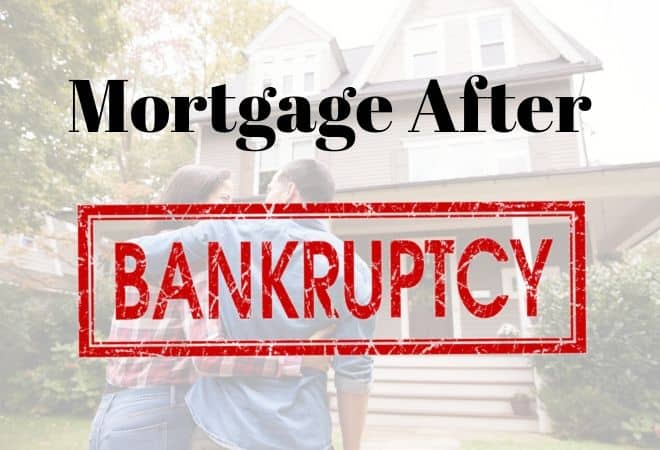Filing for bankruptcy can be a difficult and stressful process, but it may also provide a fresh start for those struggling with overwhelming debt. One of the most common questions people have after going through bankruptcy is whether they will be able to get a mortgage in the future. The answer is that it is possible to get a mortgage after bankruptcy, but it may take some time and effort to qualify.
Understanding the Impact of Bankruptcy on Your Credit Score
When you file for bankruptcy, it will have a significant impact on your credit score. It will likely lower your score significantly, and it will stay on your credit report for up to 10 years. However, it’s important to understand that bankruptcy does not mean you will never be able to get a mortgage again. As you begin to rebuild your credit and make on-time payments, your score will gradually improve.
Waiting Periods for a Mortgage after Bankruptcy
After filing for bankruptcy, there are waiting periods before you can apply for a mortgage. For example, if you file for Chapter 7 bankruptcy, you will typically need to wait at least two years before you can apply for a conventional mortgage. If you file for Chapter 13 bankruptcy, the waiting period is typically four years. However, it’s important to note that some lenders may have their own waiting periods, so it’s essential to shop around and compare options.
Options for Securing a Mortgage After Bankruptcy
While it may take some time to qualify for a conventional mortgage after bankruptcy, there are other options available to help you secure a mortgage. One option is to work with a government-backed loan program such as FHA or VA loans. These programs may have more lenient guidelines and may allow you to qualify for a mortgage sooner after bankruptcy. Another option is to work with a non-prime lender that specializes in helping people with less-than-perfect credit. However, it’s important to be aware that these loans may have higher interest rates and fees.
Larger Down Payment Or Higher Interest Rate
It’s also important to keep in mind that you may need to provide a larger down payment or pay a higher interest rate when you apply for a mortgage after bankruptcy. This is because lenders will view you as a higher-risk borrower, so they may want to protect themselves by requiring a larger down payment or charging a higher interest rate.
Steps to Take to Improve Your Chances of Getting a Mortgage
If you’re looking to get a mortgage after bankruptcy, there are steps you can take to improve your chances of getting approved. The first step is to begin rebuilding your credit by making on-time payments, keeping your credit card balances low, and avoiding new credit applications. It’s also important to save for a down payment, as a larger down payment may help you qualify for a more favorable interest rate.
Another best way to improve your chances of getting a mortgage after bankruptcy is to work with a Mortgage Broker Langley. A mortgage Specialist is a professional who can help you find the best mortgage rates and terms based on your individual financial situation. A Langley Mortgage Broker can help you understand the options available to you and guide you through the process of applying for a mortgage.
When you work with a mortgage broker, it’s important to be honest, and upfront about your bankruptcy. You’ll need to provide documentation, such as your bankruptcy discharge papers, so make sure you have these on hand. Your mortgage broker will be able to advise you on the best course of action based on your specific circumstances.
Conclusion
In conclusion, it is possible to get a mortgage, but it may take some extra effort and time. Working with a Mortgage Broker, Langley can help you navigate the process and find the best mortgage options available to you. It’s important to be honest, and upfront about your bankruptcy and to understand that you may need to provide a larger down payment or pay a higher interest rate. Additionally, it’s important to keep in mind that the negative impact of bankruptcy on your credit score will decrease over time, so it’s important to focus on rebuilding your credit in the meantime.

